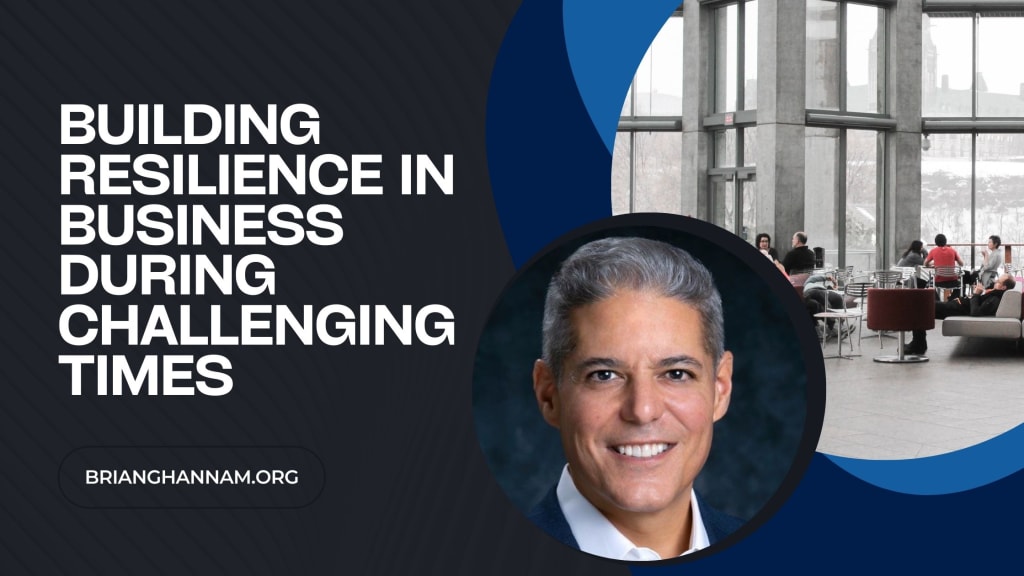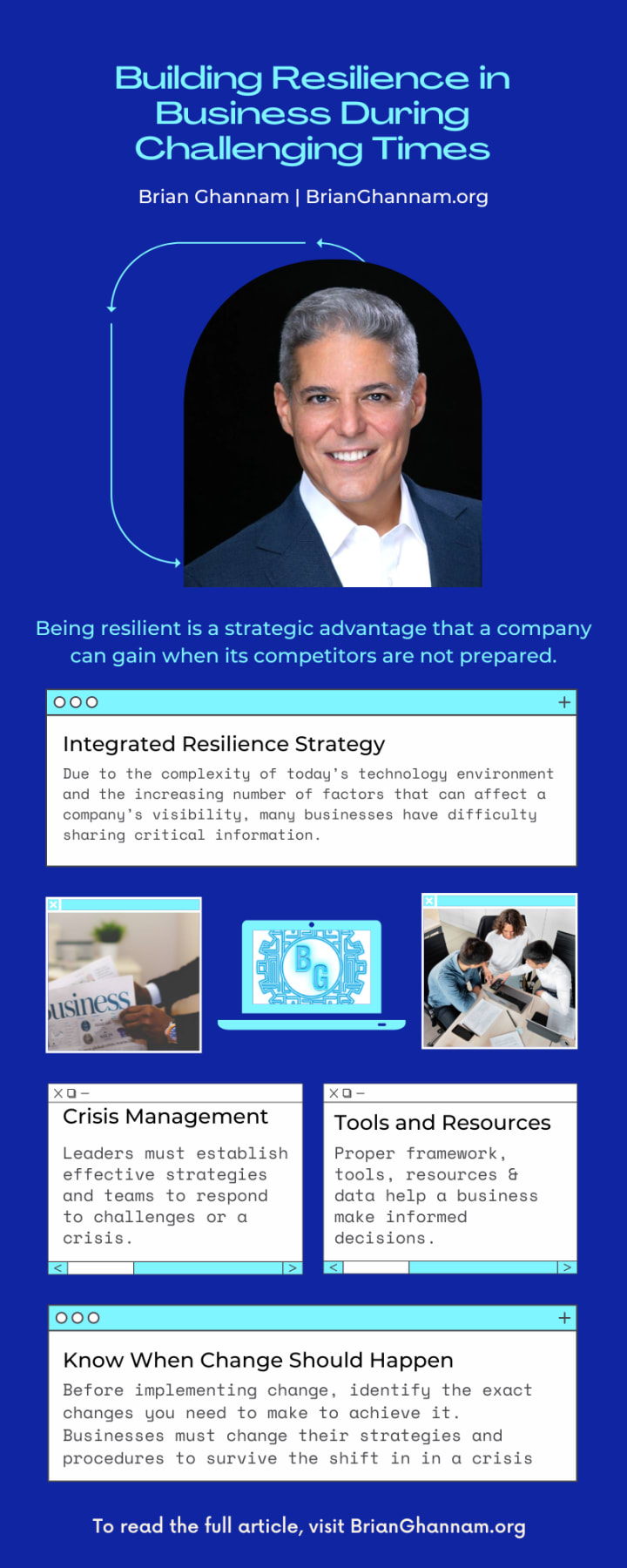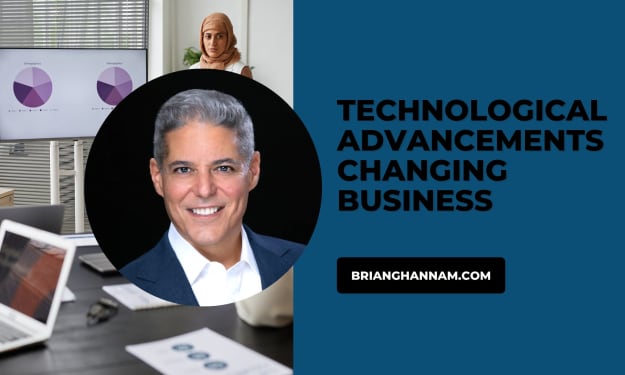Brian Ghannam Shares Advice on Building Resilience in Business During Challenging Times
As an Applications Sales Manager with Oracle in Atlanta, Georgia, Brian Ghannam gives some advices for businesses on how to build resilience during challenging times.

Over the past few years, leaders of businesses have been reminded of the interconnectedness of their organizations and economies. The unpredictable nature of these relationships has affected their employees and markets.
It’s no surprise then that resilience has risen to the top of the agenda of many leaders. Unfortunately, despite the positive effects of resilient organizations, many companies lose interest in developing and implementing strategies and practices to improve their resilience as the crisis goes away.
Being resilient is a strategic advantage that a company can gain when its competitors are not prepared. It can also help them capitalize on opportunities that are available to them.

Integrated Resilience Strategy
One of the most critical factors that businesses need to consider when it comes to being resilient is their ability to control their resources completely. Having the necessary visibility into operations can help to make informed decisions.
Due to the complexity of today’s technology environment and the increasing number of factors that can affect a company’s visibility, many businesses have difficulty sharing critical information. This is because of the lack of cohesive corporate culture and adequate technology.
The Importance of Crisis Management
Despite the various scenarios that can occur in a crisis, leaders can’t predict which potential sources of disruption will affect a company. Instead, they must establish effective strategies and teams to respond to the situation.
A well-defined plan is also essential to ensure that a company prepares for various crises. Prepare by developing strategies and procedures designed to deal with unforeseen factors.
Utilize Tools and Resources
Having the necessary tools and resources to make real-time decisions can help teams adapt to the changes brought about by the continuous changes in the organization. These essential tools and resources also help teams adapt to the changes brought about by the constant changes in the organization. Having the proper framework and data can help them make informed decisions.
Know When Change Should Happen
Before implementing change, you must identify the exact changes you need to make to achieve it. For instance, brick-and-mortar retailers have had to adapt to the changes brought about by the rapid emergence and evolution of e-commerce. They have also had to change their strategies and procedures to survive the shift in customer behavior.
Always Practice Resilience
Even seasoned leaders can benefit from conducting crisis response exercises. Leaders should simulate a scenario with their team, board of directors, and other stakeholders to learn how to respond effectively to a potential crisis. They should also set aside time to review the necessary actions and decisions to minimize the impact of a disruption.
ABOUT BRIAN GHANNAM
Brian Ghannam is an Applications Sales Manager with Oracle, one of the top purveyors of cloud-engineering and database management systems worldwide. Brian has spent over two decades in leadership roles within the world of tech sales and business development. One of the many ways in which Brian stands out from his competitors is the ease at which he performs in various settings. He is similarly at ease helping start-ups gain a foothold as he is with launching products for the world’s most reputable technology companies.
Throughout his career, Brian has helped businesses thrive from the ground up and guided C-level executives through product launches and marketing strategies. His diverse skill set encompasses a wide range of technical areas, including SaaS, ERP, inventory management, business analytics, human resource management, customer relationship management, supply chain management, and financial reporting.
Brian Ghannam received his Bachelor of Science degree in Packaging Engineering from Michigan State University, located in East Lansing, Michigan. While at school, Brian played for the Michigan State Golf Team. His love of golf has stayed with him ever since.
About the Creator
Brian Ghannam
Brian Ghannam attended Michigan State University and received his bachelor's degree in Packaging Engineering. During his time at college, Brian was actively involved in golf & fraternal organizations. He immediately began a career in sales.






Comments
There are no comments for this story
Be the first to respond and start the conversation.